Green Events
Green Events are events that are planned with the intent of conserving Hawaii’s natural resources by implementing practices that conserve and save water, energy, and lower the amount of solid waste generated. In order to provide more clarity to the certification process examples have been provided below of how events have been meeting the criteria from the checklist.
Hawaii Green Events Checklist – Examples of how measures are applied
Section I: Solid Waste Reduction Methods
Use double-sided printing for promotional material and resources
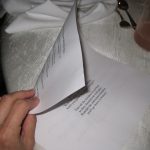 |
Provide reusable name badges
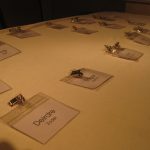 |
Recycling bins are clearly and conveniently placed adjacent to trash receptacles
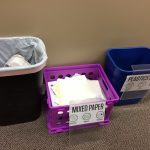 |
Provide reusable/refillable containers for beverages
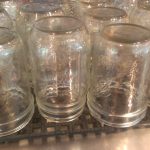 |
Use only electronic communications for registration, announcements, and updates
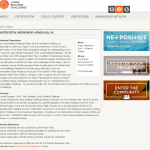 |
Review past event waste generation to establish a baseline. Devise ways to improve upon the baseline and track your results of the current event waste generation
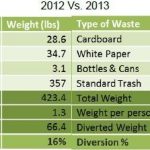 |
Reusable tableware
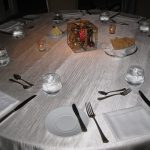 |
If tableware is not reusable it is compostable
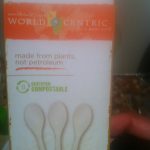 |
There is a convenient drop-off point for all unwanted handouts and accessories
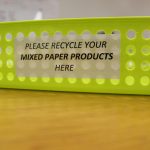 |
Compost at the event and provide signage indicating proper materials
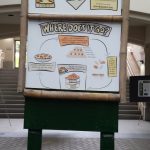 |
Use cloth napkins
 |
Or napkins made from 80% or more recycled content
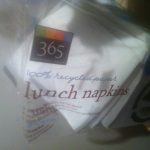 |
Section II: Energy & Water Efficiency
Use of naturally lighted space
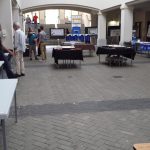 |
There is signage to encourage staff and guests to turn off lights and electrical equipment when not in use
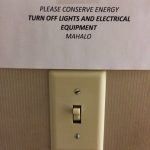 |
There is signage to encourage staff and guests to conserve water
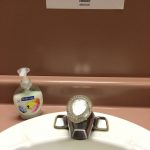 |
Event is hosted in an ENERGY STAR, HGBP, or LEED certified building
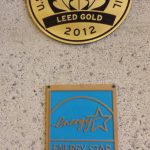 |
Facility has low flow fixtures
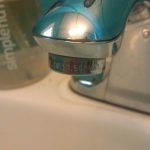 |
Equipment used is ENERGY STAR, EPEAT, etc. certified
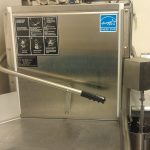 |
Section III: Catering
Water is provided upon request or in pitchers and/or large dispensers
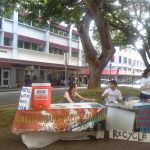 |
Donate excess food to a charitable organization
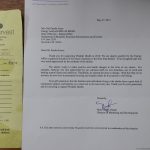 |
Serve buffet style meals instead of boxed meals
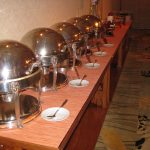 |
Serve finger foods that are not individually wrapped
 |
Use bulk dispensers for sugar, cream, and other condiments
 |
Use organic food from own garden or farm
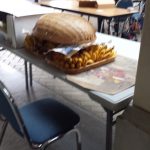 |
|
|
Section IV: Transportation
Public transportation timetables, maps, and routes are made available to the participants
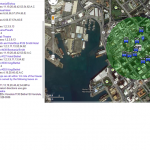 |
Secure bicycle and locker storage is offered by facility
 |
A transportation survey is conducted to track environmental impact and set baseline
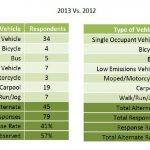 |
|
Section V: Pollution Prevention
Non-toxic cleaning supplies are used
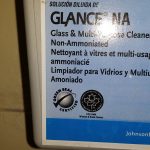 |




























